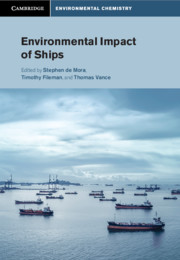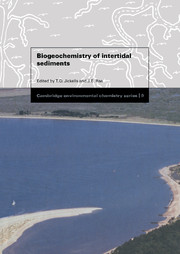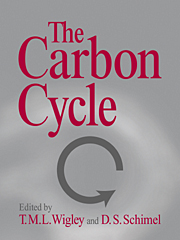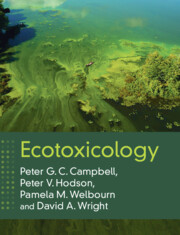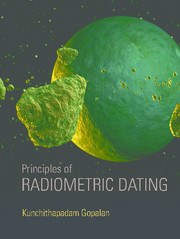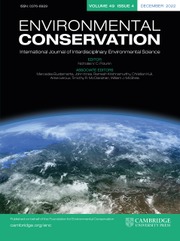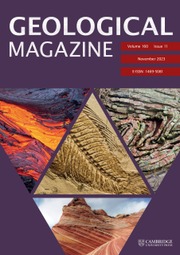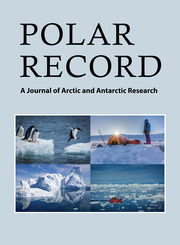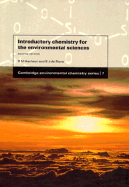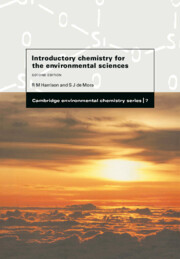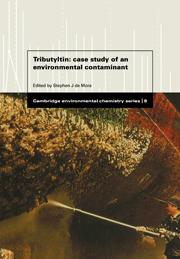Environmental Impact of Ships
Shipping is responsible for transporting 90% of the world's trade. This book provides a comprehensive review of the impact shipping has on the environment. Topics covered include pollutant discharges such as atmospheric emissions, oil, chemical waste, sewage and biocides; as well as non-pollutant impacts including invasive species, wildlife collisions, noise, physical damage, and the environmental effects associated with shipwrecks and shipbreaking. The history of relevant international legislation is also covered. With chapters written by eminent international authors, this book provides a global perspective on the environmental impact of ships, making it a useful reference for advanced students and researchers of environmental science, as well as practitioners of maritime law and policy, and marine business.
- An authoritative text including interdisciplinary and multidisciplinary perspectives, showing how scientific research can influence marine and maritime management, as well as international law
- Technical language is kept to a minimum creating an easily accessible guide for readers who don't specialise in environmental science
- Provides the reader with an understanding of the research that helps to safeguard our seas from damage by shipping
Reviews & endorsements
Each chapter is illustrated, thoroughly researched, and well referenced … This book is a useful resource for scientists and policy makers; the level is appropriate for professionals, researchers, and graduate students … Recommended.’ N. W. Hinman, Choice
Product details
January 2021Adobe eBook Reader
9781108397209
0 pages
This ISBN is for an eBook version which is distributed on our behalf by a third party.
Table of Contents
- Preface Stephen de Mora, Tim Fileman, and Thomas Vance
- 1. Shipping, Ships and the Environment Thomas Vance, Tim Fileman, Stephen de Mora
- 2. Atmospheric Emissions from Ships Thomas G. Bell, Mingxi Yang and Simon J. Ussher
- 3. Oil pollution from operations and shipwrecks Roger C. Prince
- 4. Waste and sewage C. Michael Hall
- 5. Ballast water Stephan Gollasch and Matej David
- 6. Biocides from marine coatings Samantha Eslava Martins, Isabel Oliveira, Katherine Langford, and Kevin Thomas
- 7. Invasive species John A. Lewis
- 8. Physical Effects of Ships on the Environment Tim Fileman, Stephen de Mora, Thomas Vance
- 9. Ship Noise S. Viola and V. Sciacca
- 10. Vessel strikes and North Atlantic right whales C.H. Fox and C.T. Taggart
- 11. Nuclear-powered vessels R. J. Pentreath
- 12. Environmental Impact of Shipbreaking M. Maruf Hossain
- 13. International Legislative Framework Gorana Jelic Mrcelic, Nikola Mandic and Ranka Petrinovic
- 14. Shipping Industry's Perspective Peter Hinchliffe
- 15. Environmental Impacts of Shipping – Can We Learn? Stephen de Mora, Tim Fileman, and Thomas Vance
- Index.

